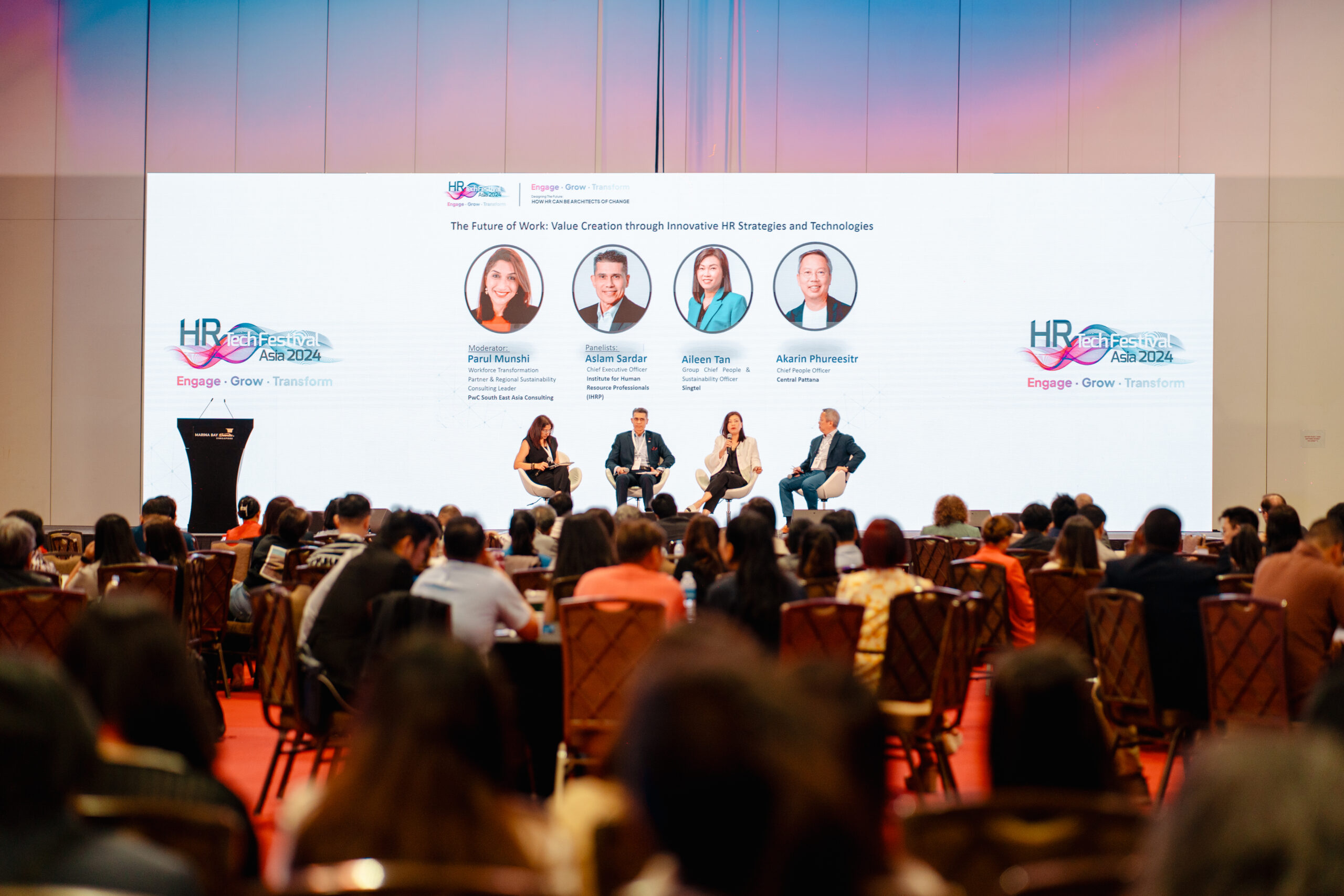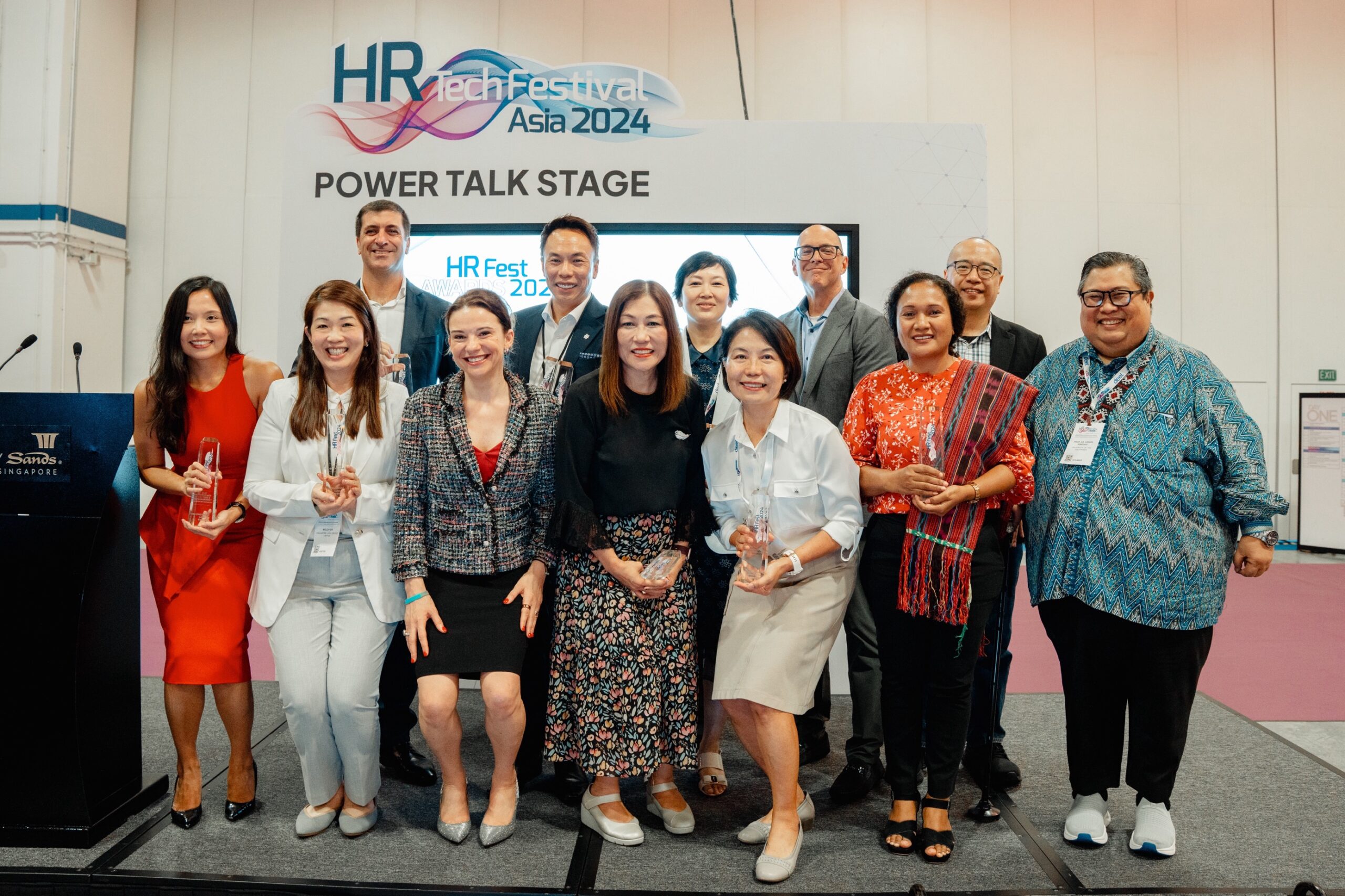Why organisations should not dismiss Gen Zs’ desire for remote work

Gen Z employees are reshaping the workplace by embracing remote and hybrid work, and despite these employees being labelled as “selfish” in some quarters, flexible work models offer many long-term benefits, said Chris McNamara, Chief Revenue Officer of Remote.
Speaking with HRM Asia, he added, “Gen Zs, many of whom entered the workforce during the pandemic era, have been intimately familiar with remote and hybrid working models since the beginning of their careers. Their preference to continue adopting a flexible working model is far from ‘selfish’, it’s a very smart choice.”
The Remote Workforce Report 2023 supports this viewpoint, revealing that remote work has a positive impact on organisational growth, productivity, and retention. The report showed that 40% of decision makers experienced increased productivity, 36% reported higher employee engagement after transitioning to fully remote teams, and 69% observed a surge in employee retention rates.
Despite these positive outcomes, a generation gap persists regarding attitudes towards remote work. The report indicated that while 44% of Gen Z employees view the freedom to live and work from anywhere as a major benefit, only 32% of Boomers share this sentiment. Moreover, 42% of Gen Z employees admitted they would consider leaving their current job for a remote work opportunity, signalling a shift in priorities that organisations cannot afford to overlook.
McNamara added that the younger generation places a strong emphasis on both meaningful work and achieving work-life balance. He referenced Deloitte’s Gen Z and Millennial Survey, which revealed that 20% of respondents believe that remote work enables them to have more time for loved ones and to pursue hobbies. Additionally, Deloitte found that 54% perceive remote work as beneficial for their mental health.
READ MORE: ‘Selfish’ Gen Z employees in Australia refuse to return to office
To attract and retain top talent, employers must adapt to these changing work dynamics, as McNamara concluded, “The onus is on employers to adapt to the changing face of work and start prioritising productivity, flexibility, and employee engagement over face time. Remote work shouldn’t be seen as a temporary perk that can be taken away. It makes a meaningful difference to an organisation’s infrastructure, hiring practices, culture, and bottom line. While employees enjoy the flexibility, organisations benefit even more.”



